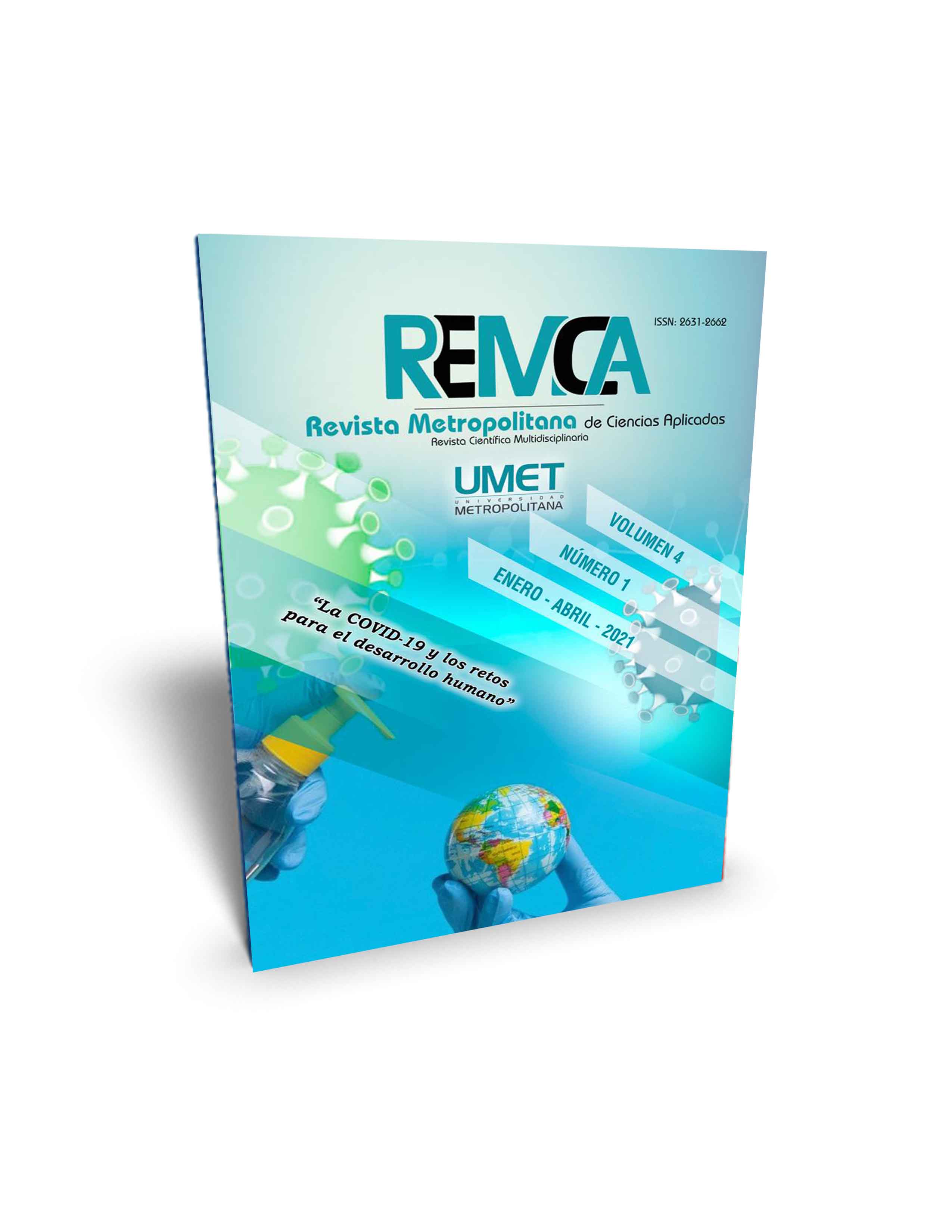Influence of the use of business intelligence software in banana companies in the city of Machala, El Oro province
DOI:
https://doi.org/10.62452/jbgvm010Keywords:
Business intelligence, software, decision making, banana companiesAbstract
In this work, we proceeded to analyze the use of software for business intelligence in banana companies in the city of Machala. In companies, one of the most important assets is information management, where applying tools that allow data to be processed into information to make decisions is essential. This research used a non-experimental, descriptive and cross-sectional design to evaluate and interpret the categorical and quantitative variables. The technique used in the data collection was the survey, where the population considered was 105 banana companies located in the city of Machala, the study sample of 83 companies was established through simple random probability sampling, counting on the participation of the representatives through a questionnaire that was submitted to validation by 5 experts, which was validated with a Cronbach's Alpha of 0.775. The results obtained indicate that 75.90% of the respondents are aware of the existence of software that enables the information to be captured, extracted and filtered quickly and accurately. However, 61.24% do not apply business intelligence in their companies. This is a favorable outlook for future application of business intelligence in the banana business sector.
Downloads
References
Agrocalidad. (2020). Lista de empresas bananeras certificadas en la provincia de El Oro. https://www.agrocalidad.gob.ec/
Ahumada, E., & Perusquia, J. (2016). Inteligencia de negocios: estrategia para el desarrollo de competitividad en empresas de base tecnológica. Contaduría Y Administración, 61(1), 127–158.
Barrezueta, S., & Chabla, J. (2017). Características sociales y económicas de la producción de cacao en la provincia El Oro, Ecuador. Revista La Técnica, 17(3), 84–95.
Bojar, W., Sikora, M., & Dzieża, G. (2018). Current challenges of agricultural business against farming economic efficiency and sustainable development. (Paper). 8th International Scientific Conference Rural Development 2017 – Bioeconomy Challenges. Social Innovations for Rural Development, Kaunas, Lithuania.
Camargo-Vega, J. J., & Joyanes-Aguilar, L. (2016). La inteligencia de negocios como una herramienta en la gestión académica-Business intelligence as a tool in academic management. Revista. científica, 24, 110-120.
Gutiérrez Camelo, A. A., Devia Llanos, M. A., & Tarazona Bermudez, G. M. (2016). Research inteligencia de negocios: estudio de caso sector tecnológico colombiano. Redes de Ingeniería, 7(2).
Organización de las Naciones Unidas de la Alimentación y la Agricultura. (2017). El estado mundial de la agricultura y la alimentación 2017 - Aprovechar los sistemas alimentarios para lograr una transformación rural inclusiva. FAO. http://www.fao.org/3/a-I7658s.pdf
Sánchez, V. H., & Zambrano Mendoza, J. L. (2019). Adopción e Impacto de las Tecnologías Agropecuarias Generadas en el Ecuador. La Granja, 30(2), 28–39.
Simon, A. (2014). Ver en ScienceDirect Inteligencia empresarial empresarial y almacenamiento de datos. Elsevier.
Vite, H., Townsend, J., & Carvajal, H. (2020). Big Data e Internet de las Cosas en la producción de banano orgánico. Universidad y Sociedad, 12(4), 192–200.
Downloads
Published
Issue
Section
License
Copyright (c) 2021 Joseph Giovanny Villacreses Quevedo, Harry Vite Cevallos (Autor/a)

This work is licensed under a Creative Commons Attribution-NonCommercial-ShareAlike 4.0 International License.
Authors who publish in Revista Metropolitana de Ciencias Aplicadas (REMCA), agree to the following terms:
1. Copyright
Authors retain unrestricted copyright to their work. Authors grant the journal the right of first publication. To this end, they assign the journal non-exclusive exploitation rights (reproduction, distribution, public communication, and transformation). Authors may enter into additional agreements for the non-exclusive distribution of the version of the work published in the journal, provided that acknowledgment of its initial publication in this journal is given.
© The authors.
2. License
The articles are published in the journal under the Creative Commons Attribution-NonCommercial-ShareAlike 4.0 International License (CC BY-NC-SA 4.0). The terms can be found at: https://creativecommons.org/licenses/by-nc-sa/4.0/deed.en
This license allows:
- Sharing: Copying and redistributing the material in any medium or format.
- Adapting: Remixing, transforming, and building upon the material.
Under the following terms:
- Attribution: You must give appropriate credit, provide a link to the license, and indicate if any changes were made. You may do this in any reasonable manner, but not in any way that suggests the licensor endorses or sponsors your use.
- NonCommercial: You may not use the material for commercial purposes.
- ShareAlike: If you remix, transform, or build upon the material, you must distribute your creation under the same license as the original work.
There are no additional restrictions. You may not apply legal terms or technological measures that legally restrict others from doing anything the license permits.




